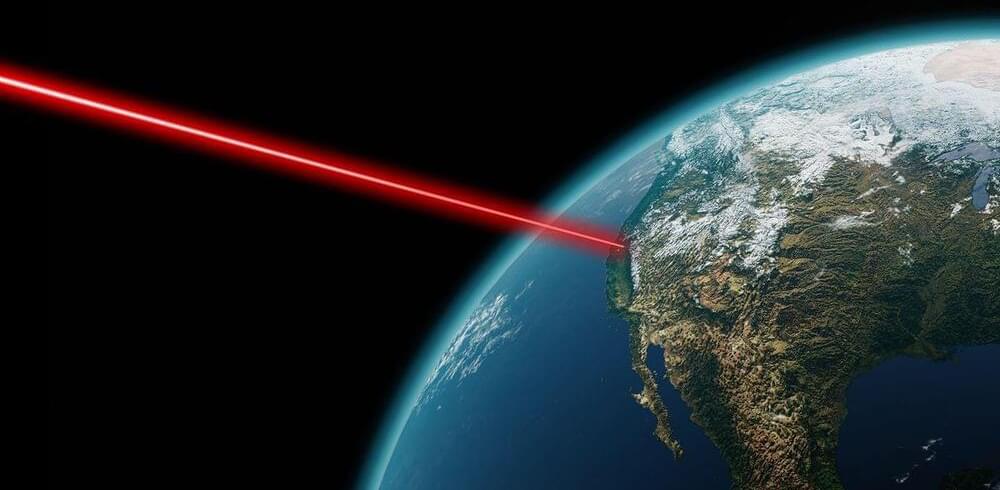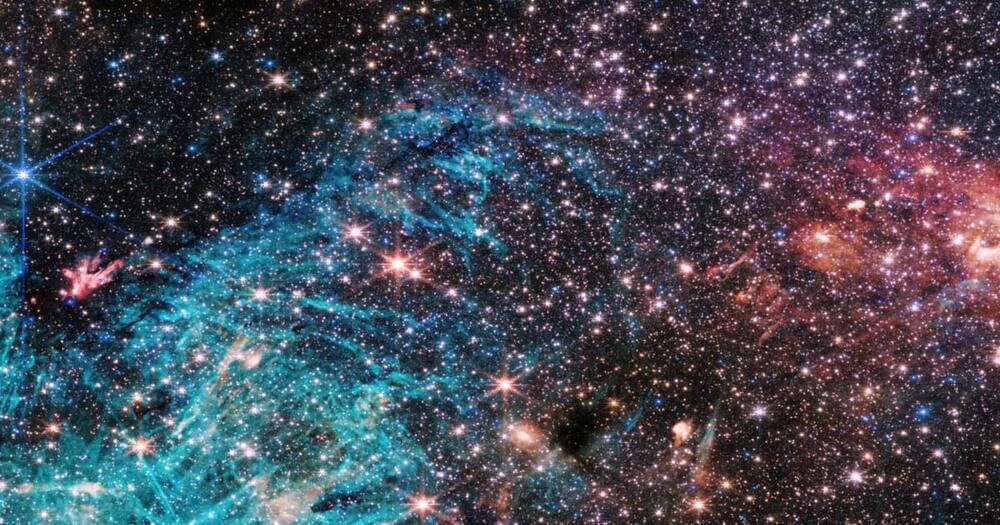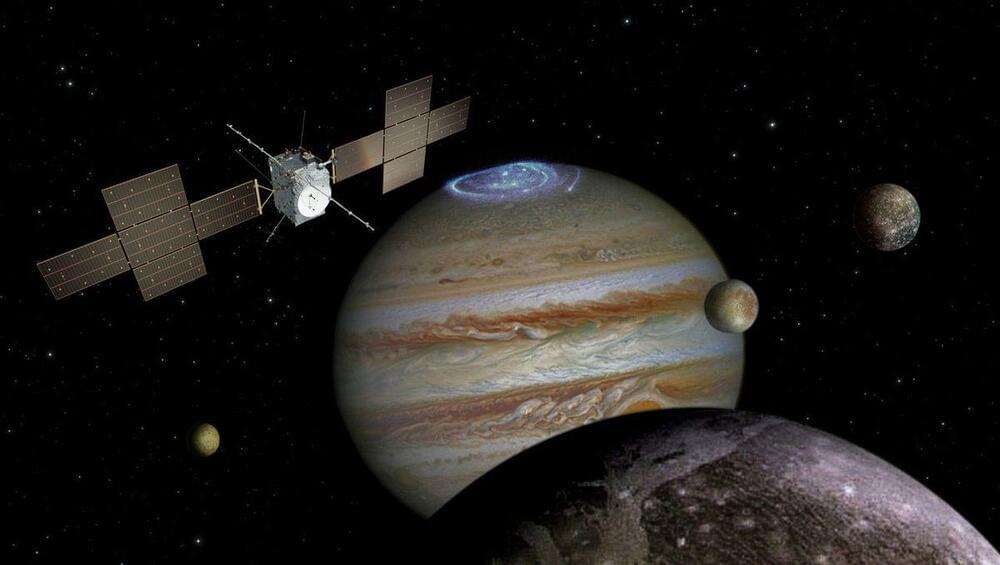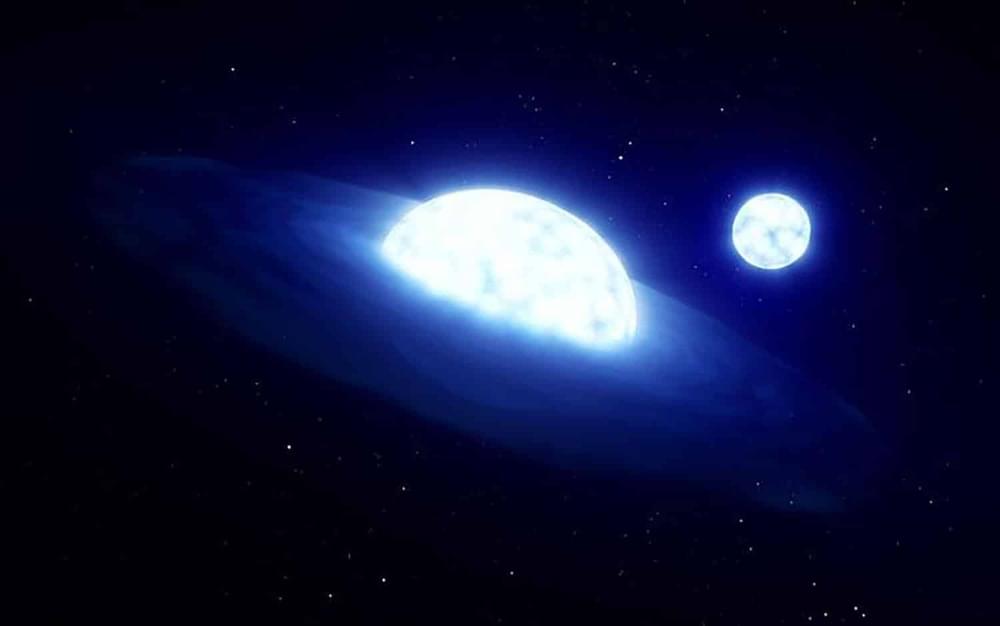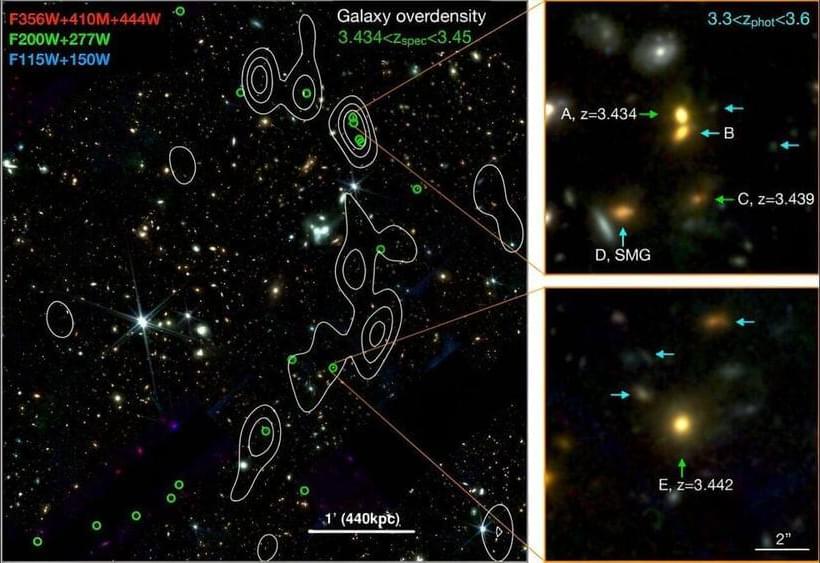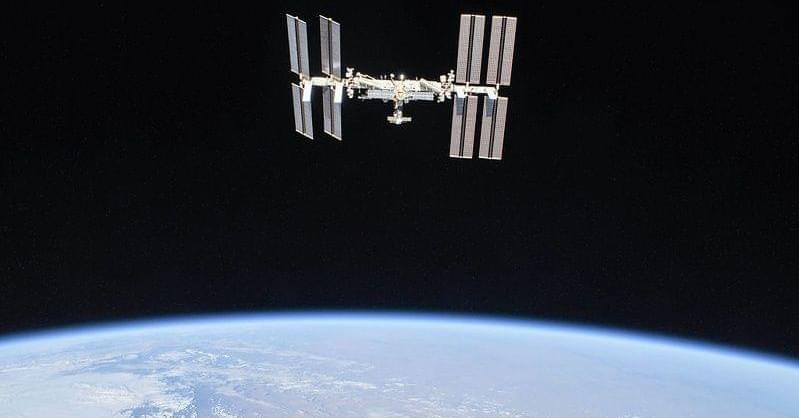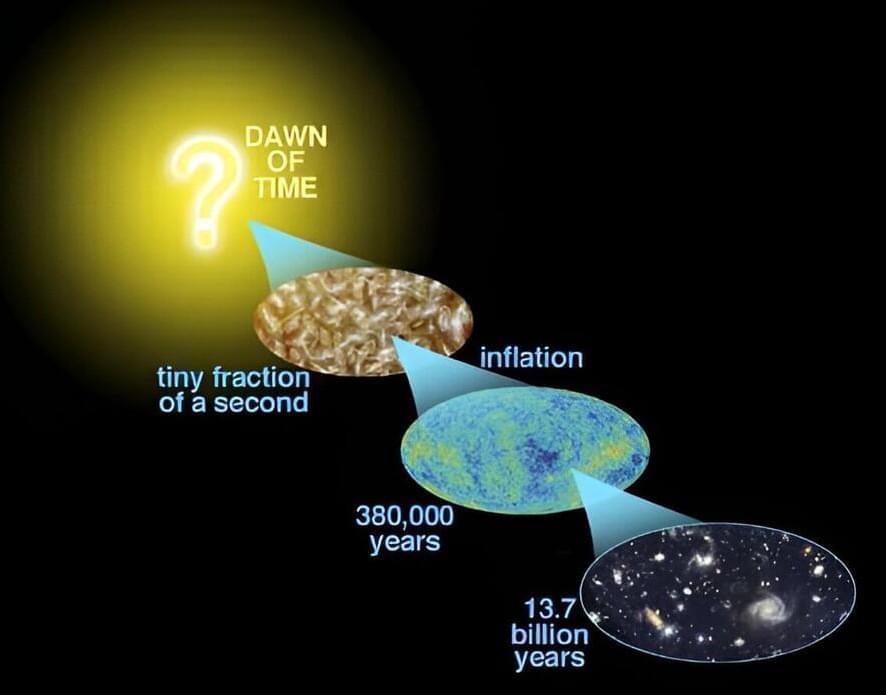Nov 22, 2023
Art chrétien, exploration spatiale et civilisation humaine
Posted by Nonthapat “Brave” Pulsiri in categories: astronomy, space, space travel
Auteur: Dr.Nonthapat PULSIRI (La Chaire SIRIUS, France), sous la direction de Dr.Victor DOS SANTOS PAULINO (La Chaire SIRIUS, France)
Langue française vérifiée par MM. Julia GOUT, Institut Catholique de Toulouse
Remarque: Cet article est publié par “Tota Pulchra” au Vatican
Lien: https://totapulchra.news/art-chretien-exploration-spatiale/
———-
Continue reading “Art chrétien, exploration spatiale et civilisation humaine” »
